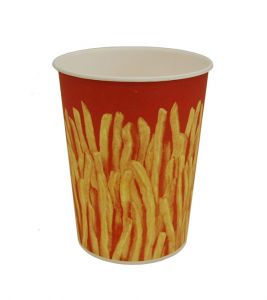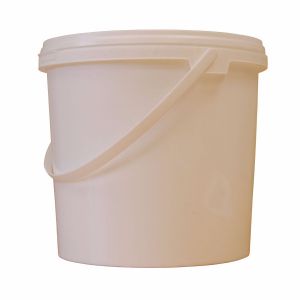The popularity of Clear Casting resin is on the rise as an alternative to traditional Arts & Crafts materials. One of the most popular questions we are asked in relation to craft activities with Clear Resin is the correct process of creating a pen blank.
At FibreGlassDirect, we offer two types of Clear Casting Resin which may be use - Polyester and Epoxy. We have found that Polyester Clear Casting Resin works really well and is also a very cost-effective way to get started. Epoxy is also an excellent resin but is quite costly for this type of project. In terms of cost/benefit, we would choose Polyester. The Polyester Casting Resin starts from sizes as small as 1kg.
Pen Casting Materials
For this project, you will need the following materials:
- A suitable mould – e.g. slimline pen kit
- Decorating materials (optional)
- Small Container
- Mixing cup
- Mixing sticks
- Clear Casting Resin - Polyester
- Catalyst
Designing the Pen Blank
Rough up the Pen Blank with some sand paper and apply a coating of glaze. Attach any decorative items such as small jewels, paper or stamps using glue. Ensure the glue has set before encasing the resin to ensure any items are not dislodged.
Decorative items should not be too thick as they may be difficult to cover / protrude through the resin once covered.
All brass tubes should be completely covered, even if you choose not to decorate. If the brass is not, it will ruin the finished effect of the mould, therefore the brass must be covered.
Resin Effects
If required, pigments, dyes or metal powders may be added to the Clear Casting Resin to achieve the required design. Generally, it’s better to start off with smaller amounts of pigment (less than 1%) and increase as needed.
Casting the Tubes
The resin will be poured in two parts:
- To create a base to rest the tubes on
- To cover the tubes
Creating the base
It is advisable to mix enough resin to ensure the base of the mould can be covered in one pour. Water can be used as a gauge to determine how much resin you will need. If using water as a gauge, ensure that the container is thoroughly dry before adding resin or the resin will not cure.
We recommend ¼” of the container should be filled with resin. The ratio of catalyst to resin is 1.5%. Therefore, if you mix 500g of resin – only 5ml of catalyst is required. This ratio is based on room temperature and will give a working time of 20 minutes. If you are working in hot conditions or add more than the recommended catalyst amount, the curing time will increase leaving you with less working time. In reverse, if too little catalyst is added / room is too cold – the piece may not cure adequately.
Ensure the resin is not poured too quickly. If the resin is poured too quickly, this may result in air bubbles. To remove these bubbles, gently smooth over them with a wooden mixing stick.
Once the initial base has been covered, allow to cure for 24 hours.
Covering the Tubes
Before covering the tubes with the second layer of resin, each end of the tube should be plugged. This can be done with a standard rubber plug which are available from Arts & Crafts shops.
Once the plugged tubes have been placed into the base, gently cover with Clear Casting Resin using the same process as before. Allow 24 hours for the mould to completely cure. When fully cured, twist the ends of the mould to gently release the casting.
Separating the Pen Blanks
If there is more than one pen blank in the mould, they will need to be separated. Use a scroll saw or bank saw to cut them apart.
After the blanks have been separated, the rubber plugs can be removed with a craft knife.
Turning the Pen Blanks
Trim the edges of the plank using a barrel trimmer. Ensure only light pressure is applied otherwise the blank may crack.
Place the blanks onto a lathe and begin turning using a roughing gouge. Use a sharp chisel to scrape the blank as it begins to turn.
Once the bed has been scraped and whilst the blank is still in the lathe, sand with 220 grit sandpaper until smooth. To remove any scratches and for a final finish, sand the blank with 1200 grit sandpaper.
Finally taking a clean cloth and compound, shine the blank as it turns on the lathe.
Buy Pen Blank Materials
FibreGlassDirect offers an excellent Clear Casting Resin which is suitable for making Pen Blanks. All resin is supplied with sufficient catalyst so there is no need to purchase seperately. The Clear Casting Resin supplied is one of our best-selling products, trusted and used by professional and DIY craft enthusiasts alike.







